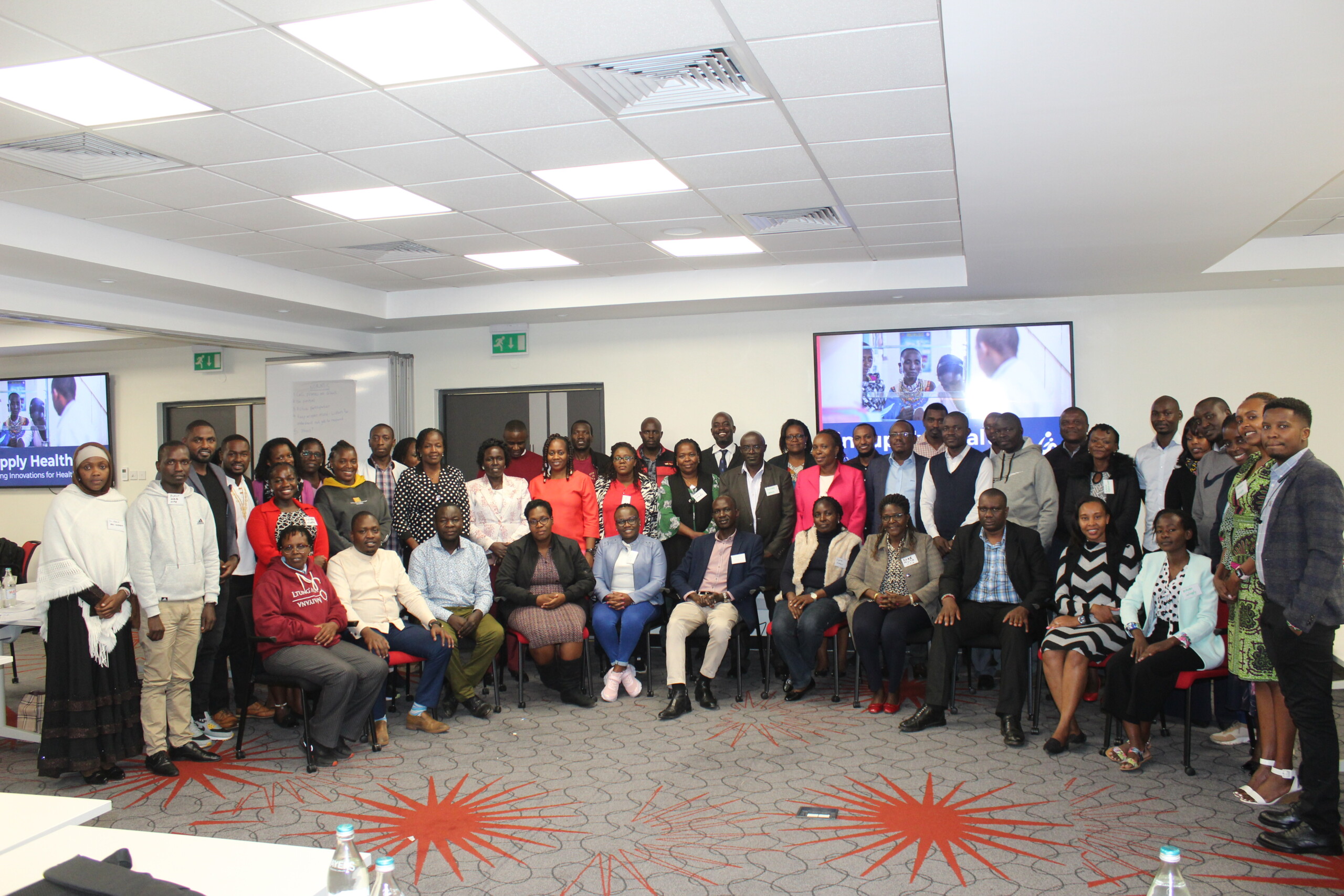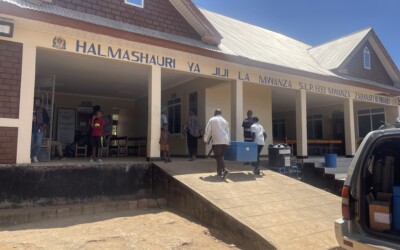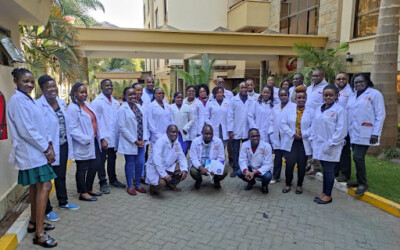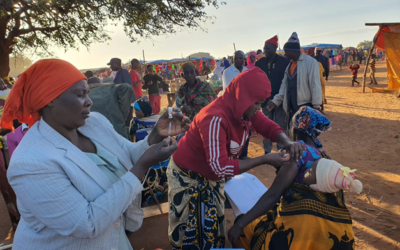In 2018, Kenya witnessed a transformative moment with the revision of its National Family Planning Guidelines for Service Providers. This landmark move paved the way for pharmacists and pharmaceutical technologists to provide injectable contraceptives (including DMPA-SC and DMPA-IM), a shift in policy that recognized the vital role pharmacies could play in access to reproductive health services. This evolving landscape set the stage for the inSupply Health project “Optimizing the Pharmacy Channel.” The project, funded by the Bill & Melinda Gates Foundation, presents an opportunity to shape a future where quality family planning products and services are readily accessible in the pharmacy channel.
To support the implementation of the revised guidelines, the Optimizing the Pharmacy Channel project aims to expand policy and practice, embracing a broader basket and method choice of family planning products and services offered in pharmacies, including implants. The ultimate goal is to generate evidence showcasing the sustainable impact of pharmacies as a critical channel for increasing access to quality family planning services.
For this project, inSupply Health will partner with the Ministry of Health (MOH) Kenya Division for Reproductive Maternal and Health (DRMH), the Pharmacy and Poisons Board (PPB) Practice Directorate, the Urban Research and Development Centre for Africa (URADCA), the Kenya Pharmaceutical Association (KPA), and the Pharmaceutical Society of Kenya (PSK) to bridge the gap for optimizing the pharmacy channel for offering expanded, quality family planning products and services. This will include formative research to understand barriers, evidence gaps, and opportunities, a feasibility study on the acceptability of implant provision at pharmacies, comprehensive, scalable training options for pharmacy professionals, raising client awareness of pharmacies as potential sources of quality family planning services, and market alignment to ensure consistent contraceptive supply to pharmacies.
Currently, the pharmacy channel in Kenya offers a limited number of family planning products such as Emergency Contraceptive (EC) pills and Oral Contraceptive pills. These self-care products mark the beginning of a journey to optimize pharmacies, transforming them into comprehensive hubs for an expanded range of family planning services, products (including injectables and implants), and invaluable information.
The inception meeting at the start of the project served as a platform to emphasize collaborative efforts, strategies, and a shared commitment to improving access to family planning services. In attendance were leaders from the MOH DRMH, PPB, partners, county pharmacists, and reproductive health coordinators from 13 counties across the country. The inception meeting underscored the collaborative ethos of working with healthcare providers from both the public and private sectors which aligns with the Kenya Ministry of Health’s Total Market Approach (TMA) to offer comprehensive healthcare services.



